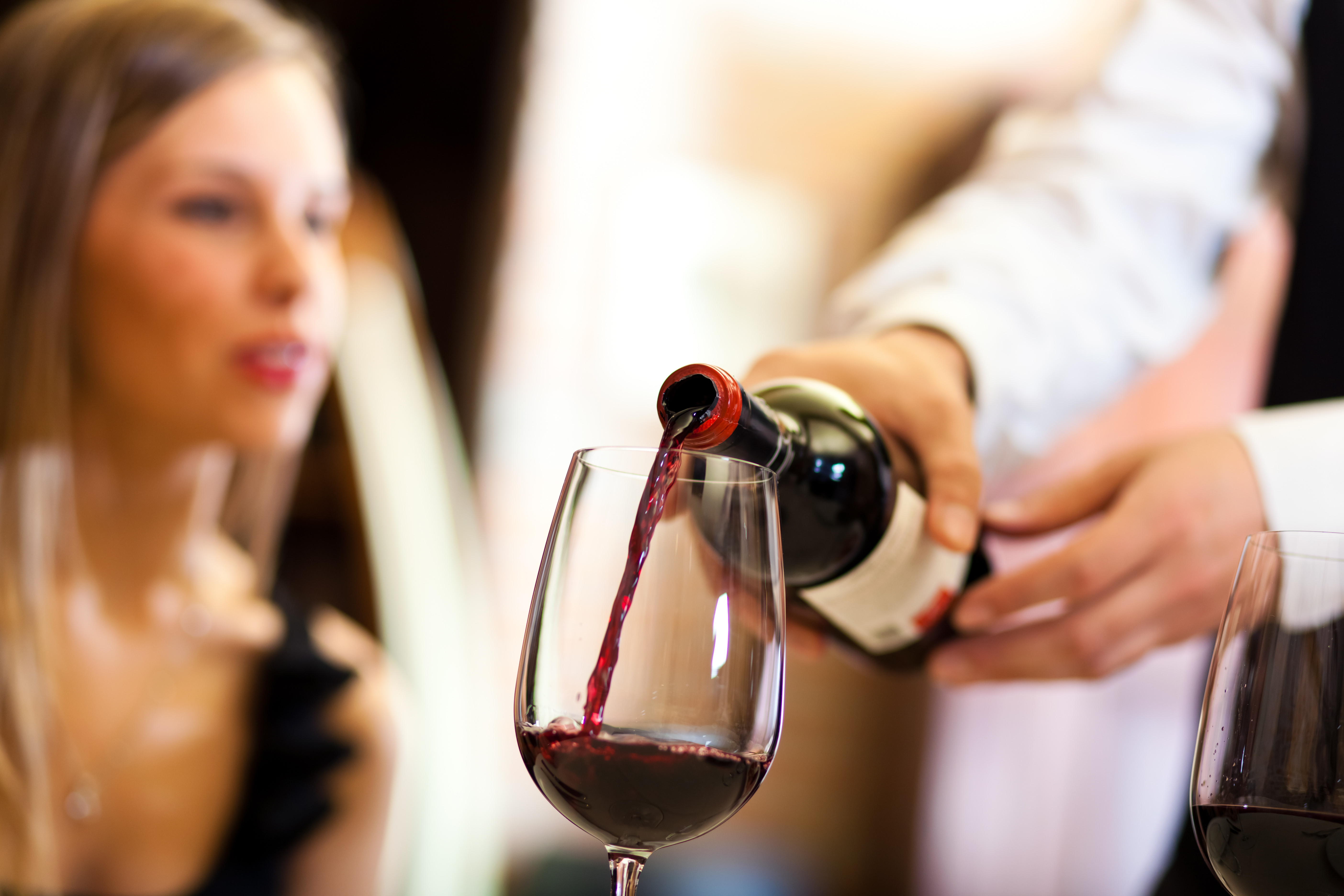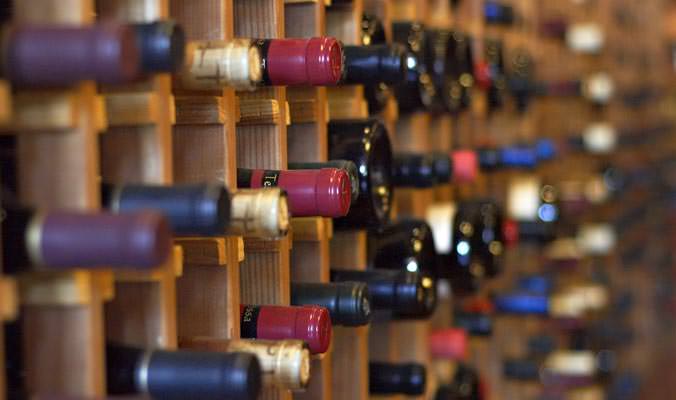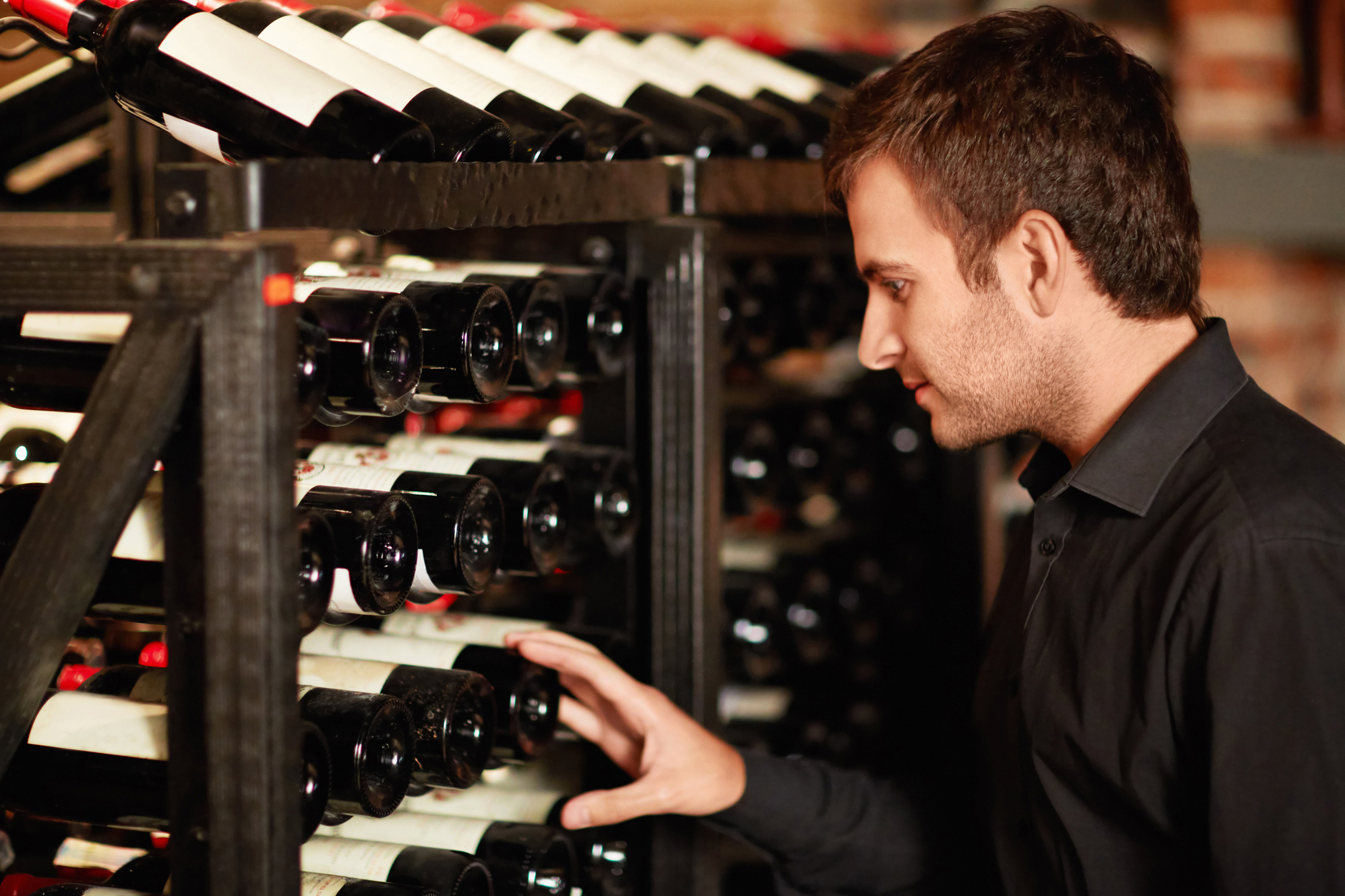Why You Should Sell Private Wine Labels At Your Restaurant
Every restaurant and bar is looking for a way to stand out from the next restaurant. One of the coolest and simplest ways to add a stellar feature to your beverage program is to sell your own private label selections. From wine to whiskey, private labels are an easy way to increase beverage sales. Learn how the process works and see how you can stamp your restaurant’s label on a hand-selected bottles that are sure to sell.
Private wine labels are top sellers

Picture this: An indecisive customer asks for a bottle of your house wine, and your server returns to the table presenting a beautiful bottle that bears your restaurant’s logo and name on the label. Doesn’t that sound like a great way to create a unique and high-end experience for your guests? Instead of selling a house wine that’s inexpensive or boasts a populist but forgettable flavor profile, you can sell wine that is actually a private label exclusively produced and bottled for your restaurant.
Trust me, it’s an easy sell. Whether pouring at the table or across the bar, when you can suggest your own private wine label to your customers, you will sell more of that wine.
A quick google search for private wine label contractors will return a host of resources to start your research with.
Why you should consider private label wine

Private wine labels are the perfect branding strategy for restaurants and bars for 3 main reasons.
- They create a unique selling opportunity for your servers and bartenders. Private labels are a conversation starter with guests who will be intrigued by the opportunity to try something special. It’s a way for novice wine drinkers to order outside of their comfort zone, and it’s a chance for wine aficionados to try a wine they’ve never had before. Convincing your customers to try your private line will be the easiest sale in your restaurant.
- Your restaurant will get great margins on private labels. You’re essential avoiding the major price mark-ups that come with the three tier alcohol supply chain of Supplier > Distributor > Retailer. By working around the middleman costs by purchasing directly from a supplier, you’re cost is much closer to wholesale pricing and your price-per-ounce of wine will drop significantly. This gives you the opportunity to have your private label be an affordable glass or bottle choice but still generate big revenue.
- It’s a great branding opportunity. This will be an extension of your restaurant brand and another way for customers to connect with you. Private labels are a personal brand that tell your restaurant’s story. They show a dedication to wine and that you work to curate a really great dining experiences for your guests.
Download a free copy of the Uncorkd Definitive Guide To Increasing Wine Sales
How private wine labels work

Now to the nuts and bolts of how to source your private labels. There are many different private wine contractors and each one has a slightly different process for sourcing your own bottles. But each contractor program is similar enough that a quick overview will give you more than enough insight to get started.
Most contractors will offer tiered programs that balance cost with how much influence and oversight you have on the process. Higher priced packages give you the most control throughout the process from grape to glass, while lower priced packages create a more generic product. The quality of the wine should be consistent, but what you’re paying for is control over the process.
1. Choosing your juice. You will start the process by choosing what grape varietal you would like to produce. A red? A white? A blend? That will be your first question. From their, you can pick the grape varietal you’d like to make. Most contractors will have a limited selection that depends on where you’re sourcing the wine from. Most contractors will have around 10 varietals to choose from. You may also have the option to choose what type of aging process you’d like; you might select different types of barrels to age your wine in, choose steel, or decide on the length of aging.
2. Designing your label. This step can be a lot of fun. It is also a step in which the tiered program you purchase will have a big impact over how much control you have on the label design. Some programs will offer generic labels that have a stock image with space to place your name, logo, vintage, and a write-up about the wine or your restaurant. Some producers will give you more flexibility with design. The main hurdle and issue with complete label customization is that you have to deal with the feds whenever you’re slapping a label on an alcohol product for sale. All wine labels need government approval from the TTB in order to be sold. Some producers will submit the application for label approval on your behalf, which is definitely a perk as the TTB can be fickle when it comes approving a label. Generally, subversive images are most likely to get stamped “DENIED.” Though it is definitely less fun, try and keep your labels squeaky clean in the eyes of the federal government.
3. Bottling your wine. The final step. This is the last chance to taste your wine and decide if you’d like to age it longer, or if it’s ready to be bottled. Most of the work has been done up until this point and the wine will soon be shipped. It’s important to know where you will be able to store your wine. Are you able to store the entire order of bottles at your restaurant? Or will you need to keep the wine at a warehouse? Do you have to pay the warehouse storage fees, if so, and what does that cost? These are good questions to figure out prior to the bottling stage, but the answers will come into play once you reach the final stage.
Read our post on Creating Custom Menus with Private Bottle Whiskey Programs
Questions to ask when considering a private label
When researching different contractors there are a few questions you should ask. Some questions relate to your own restaurant. Some relate to the process and costs associated with creating a private wine label.
What varietals sell well at my restaurant? Do you move a lot of Chardonnay by the glass? Merlot? Malbec? Look at what you sell well and work from there. A private bottling of a varietal that is already popular will ensure your label has an in-house market. With the ability to get football-field wide margins with a private label, this can become a great revenue generator for your restaurant.
How much control do I want over the process? This is a combination of labor concerns and price sensitivity. Find a contractor that offers a program that fits a cross-section of affordability for your time and money.
What is the minimum amount order? How much wine will you actually have to purchase? Take a look at your sales numbers and see how long it would generally take you to go through that volume of a given varietal. Remember, there will be variables in your forecasting, including the margin leverage you have on a private label and the sales potential for it.
What are my state’s laws regarding the sale and distribution of private labels? Double check the liquor laws in your state to make sure you’re operating within the letter of the law when purchasing and selling private labels.
There you have it, your primer on increasing wine sales with private labels.
- 5 Fall Cocktails to Capture the Flavors of Autumn - September 26, 2018
- How Restaurants Can Ignore Sales and Increase Profits - May 9, 2018
- 2018 Spring Wine Trends - April 18, 2018









